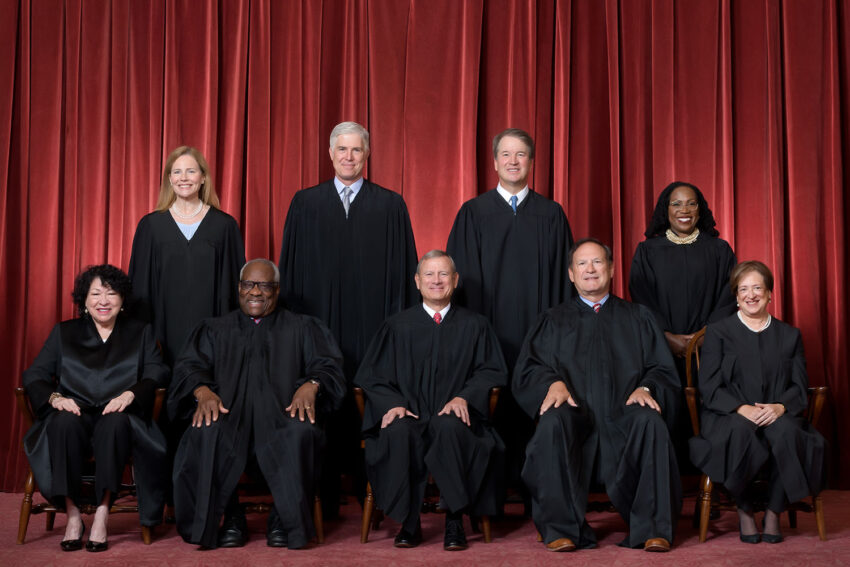Written by dantobin58 for Travelabilityinsider.com, September 26, 2023

The Supreme Court is preparing to weigh in on two critical issues in the case of Acheson Hotels v. Laufer. The central issue is to what extent disabled travelers can hold hotels and other public accommodations accountable for failing to meet the standards of the ADA, including failure to describe their accessibility features accurately on their website. The second issue is whether a “tester” who has never stayed at the hotel has standing to bring a suit. “Being a tester in civil rights cases is an honored and necessary role,” writes Lucy Trieshmann of the ACLU. “It has evolved over the years, from Black patrons trying to enter a ‘whites only’ waiting room, to women applying for typically male jobs, to families applying to ‘singles only’ housing. In each case, the tester has no intention of taking the job or renting the housing — but, as a member of the class of people facing discrimination, can go to court to enforce civil rights laws.”
Trieshmann of the ACLU, who describes herself as a wheelchair user with multiple disabilities, a number of examples from her own experience of how hotels fail disabled travelers: “Hotels often take a kitchen sink approach to accessibility, throwing in a visual accommodation here and a mobility accommodation there, but failing to provide full accessibility to either group. This overlooks the point of accessibility, effectively making the room useless to many disabled travelers.” Read more.
Our takeaway. The ADA is clear on the responsibility of hotels and other public accommodations to make their facilities accessible for disabled travelers AND to let visitors to their websites know that their venue is accessible. Travelers with disabilities need easy access to specific information about the hotel’s accessibility features in order to determine whether they will be able to get to and use the room.
